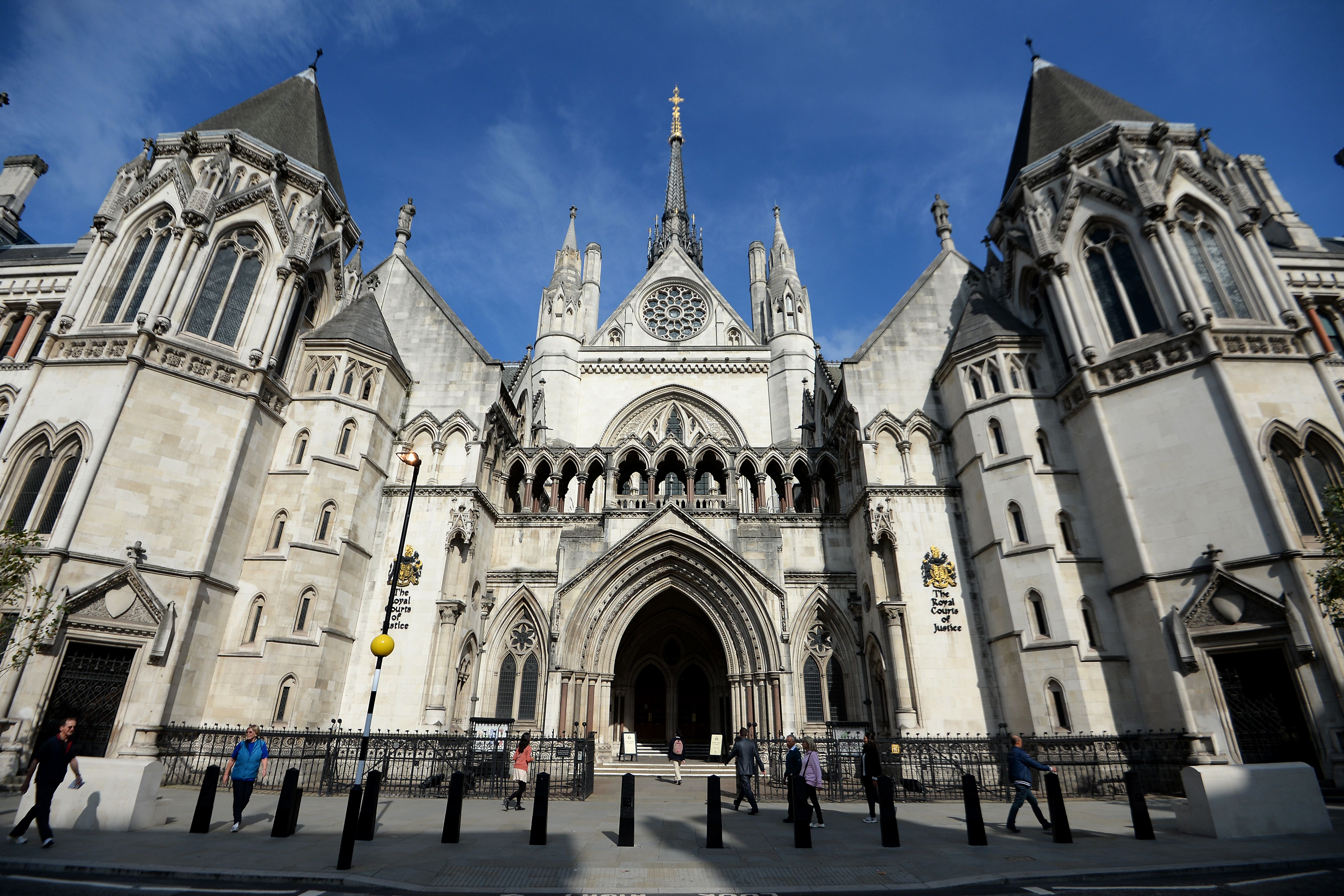London school facing High Court challenge from Muslim pupil over ‘prayer ban’
Michaela Community School in Brent is accused of discriminating against the student
Your support helps us to tell the story
From reproductive rights to climate change to Big Tech, The Independent is on the ground when the story is developing. Whether it's investigating the financials of Elon Musk's pro-Trump PAC or producing our latest documentary, 'The A Word', which shines a light on the American women fighting for reproductive rights, we know how important it is to parse out the facts from the messaging.
At such a critical moment in US history, we need reporters on the ground. Your donation allows us to keep sending journalists to speak to both sides of the story.
The Independent is trusted by Americans across the entire political spectrum. And unlike many other quality news outlets, we choose not to lock Americans out of our reporting and analysis with paywalls. We believe quality journalism should be available to everyone, paid for by those who can afford it.
Your support makes all the difference.A high-achieving north London school, previously dubbed Britain’s strictest, is facing a High Court challenge from a Muslim pupil over a decision to impose a “prayer ban”.
The student, who cannot be named, alleges that the policy introduced by the Michaela Community School in Brent is discriminatory and had “fundamentally changed” how she feels “about being a Muslim in this country”, a judge heard.
The pupil described the ban as “like somebody saying they don’t feel like I properly belong here”, a hearing in London on Tuesday was told.

In the legal action against the free school’s governing body, the Michaela Community Schools Trust, the student claims the decision “banning prayer rituals” also breaches her right to freedom of religion.
The hearing was told that the school’s stance was first introduced in March last year by its founder and headteacher Katharine Birbalsingh – a former government social mobility Tsar – and later re-made by its governing body in May.
Lawyers for the school, which is opposing the legal challenge, had argued that proceedings should be held in private due to concerns over past harassment, which saw it face threats and a “bomb hoax”.
But following arguments by the media, Mr Justice Linden ruled that the hearing should be held in public and the school and headteacher can be identified.
Sarah Hannett KC, representing the student only to be referred to as TTT, told the court that the policy had the “practical effect of only preventing Muslims from praying because their prayer by nature has a ritualised nature rather than being internal”.
The barrister said it was “a ban uniquely on Muslim prayer”, stopping pupils praying “at a time as required by Islam”, under which it is part of the “five pillars” of the faith.
She said Muslim prayer requires “prostration and for the worshipper to face a particular direction”, adding that there was no evidence the ban affected other faiths in the school.
Ms Hannett said it “wouldn’t prevent a Christian child sitting quietly in the corner of the playground from praying”.
The pupil was seeking a “compromise” to the school’s position, her lawyer said, arguing they should be allowed to pray for around five minutes at lunch time, on dates when faith rules required it, but not during lessons.
Ms Hannett said the ban at the school, where around half of the roughly 700 students are Muslim, makes the pupil “feel guilty and unhappy, in her words, it ‘messes up her day’”.
Around 30 students began praying in the school’s “wet” and “dirty” yard in March last year, using blazers to kneel as they were not permitted to bring in prayer mats, the lawyer told the court.
The school’s prayer rituals policy came after the public response to pupils praying outside and amid the harassment it received, the court heard.
Jason Coppel KC, for the school trust, said pupils seen praying outside contributed to a “concerted campaign” on social media over the school’s approach to religion, including a since removed online petition attracting thousands of signatures.
He argued reporting of the case could “give rise to a real and immediate risk of harm to the headmistress, other members of the school staff (and) potentially pupils at the school”.
The court heard the school was targeted with “threats of violence”, abuse and “false” allegations of Islamophobia.
Police were called to respond to claims of bombs being placed at the school, prompting it to hire a security guard and close two days early at the end of term.
Glass bottles were thrown over the school railings and a brick thrown through one teacher’s window, leaving staff “fearing for their lives”, Mr Coppel said, adding that the situation had since “calmed”.
He said Ms Birbalsingh was concerned coverage of the hearing would cause “serious risk” of “physical danger to our school community”.
Mr Justice Linden noted the school had received “disgraceful” abuse but concluded: “I do not accept that the evidence in this case establishes a risk to the lives or safety of members of the school staff or the school community that would justify holding the hearing in private.”
The judge ruled that there should be no reports of the case featuring the identity of any school pupils and staff, except for Ms Birbalsingh.
Mr Coppel is due to set the school’s defence to the case on Wednesday, when the hearing is due to conclude.
